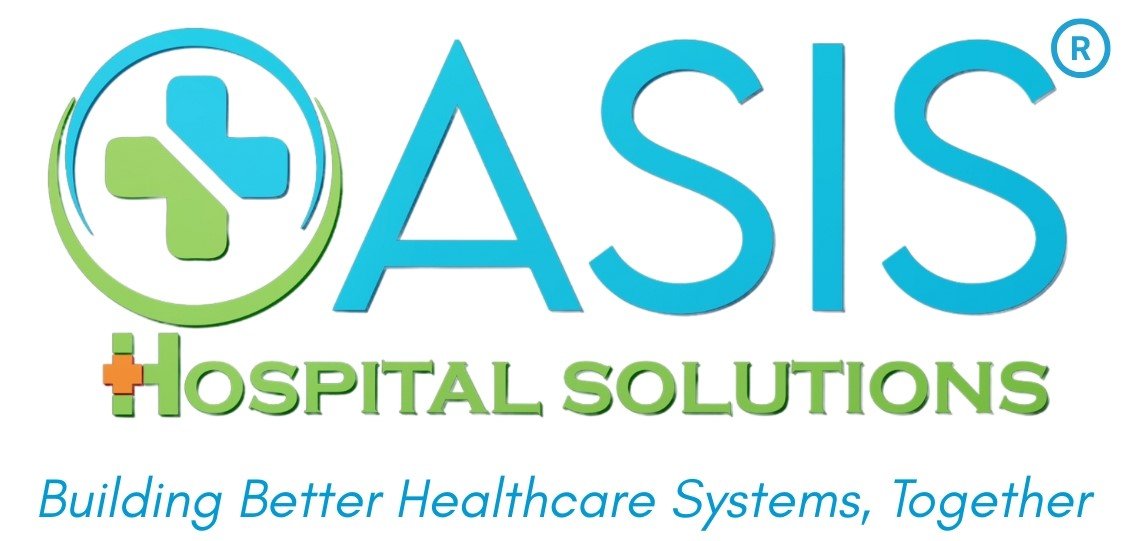NABH Accreditation

NABH Accreditation
NABH (National Accreditation Board for Hospitals & Healthcare Providers) is an organization in India that sets standards for quality healthcare services in various healthcare settings such as hospitals, clinics, and nursing homes. NABH accreditation is recognition that a healthcare facility has met these quality standards and is committed to providing safe, effective, and patient-centered care.
A NABH consultant is a professional who provides guidance and assistance to healthcare facilities seeking NABH accreditation. Their role is to help healthcare facilities understand the NABH standards and requirements, assess their current practices and procedures, identify areas for improvement, and develop and implement a plan to meet the NABH standards.
A NABH consultant typically works closely with healthcare facility staff to review documentation, observe practices and procedures, and identify opportunities for improvement. They may also provide training to staff on NABH standards and help to develop policies and procedures that align with the NABH requirements.
Overall, the role of a NABH consultant is to help healthcare facilities achieve NABH accreditation and improve the quality of care they provide to patients.
Entry Level Certification.
Provides a basic level of compliance with NABH standards.
Objective
Helps healthcare organizations start their journey towards full accreditation by implementing basic quality protocols.
Pre-Accreditation Certificate
Intermediate step indicating the hospital is on its way to full accreditation.
Objective
Demonstrates significant progress in meeting NABH standards, signaling readiness for full accreditation.
Full Accreditation Certificate
Highest level of certification indicating full compliance with NABH standards.
Objective
Recognizes complete and sustained implementation of NABH guidelines, ensuring high-quality healthcare services.
Standard Operating Procedures for the Organization.
Error free medication record.
Periodic Employee orientation and education.
Overall improvement in delivering medical treatment and quality of services.
Minimize errors during delivering the service.
Improve infection control.
No ambiguity among the employee during service.
Improve patient’s satisfaction.
Avoid medico legal aspects.
Proof of implementation of global standard.
Small Health Care Organization (SHCO) Accreditation Program
NABH has developed a separate accreditation programs for SHCO i.e. hospitals and nursing homes or day care centers with bed strength less or equal to 50 Sanctioned beds.
Entry Level Healthcare Organization (HCO)
Any hospital with more than 50 beds is classified as an HCO. The HCO standards at entry level have ten chapters, 45 standards, and 167 objective parts.
Access, Assessment and Continuity of Care (AAC)
Care Of Patient (COP)
Management of Medication(MOM)
Patient Right and Education(PRE)
Hospital Infection Control(HIC)
Continuous Quality Improvement(CQI)
Responsibilities of Management(ROM)
Facility Management and Safety(FMS)
Human Resource Management(HRM)
Information Management System (IMS)
Access, Assessment and Continuity of Care (AAC)
Care Of Patient (COP)
Management of Medication(MOM)
Patient Right and Education(PRE)
Hospital Infection Control(HIC)
NABH (National Accreditation Board for Hospitals & Healthcare Providers) accreditation is open to various healthcare organizations in India. Here are some of the organizations that can apply for NABH accreditation:
It's important to note that each category has specific eligibility criteria, and organizations need to meet these criteria to be eligible for NABH accreditation.
Hospitals
Nursing homes
Blood Banks
Dental clinics
Ayurveda hospitals and clinics
Homeopathy hospitals and clinics
Wellness centers
Primary health centers
Diagnostic centers
Medical imaging centers
Physiotherapy clinics
Occupational therapy clinics
Blood transfusion centers
Organ transplant centers
Medical laboratories
It's important to note that each category has specific eligibility criteria, and organizations need to meet these criteria to be eligible for NABH accreditation.
